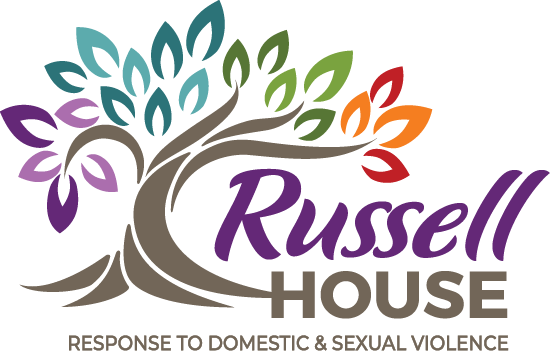Safety Planning
Safety plans can help you reduce the risk of being harmed by a partner. A safety plan is for anyone worried that their partner might choose to hurt them. It can help you think through unsafe situations at home, work, school, church, the grocery store, etc.
Below are several options for you to find a plan that best fits your situation. If you are unsure of where to start, call our 24/7 confidential crisis line at 800- 998- 8340.
Remember to keep your safety plan in a secure place where an abusive partner can’t find it. This can be a virtual copy saved in email or pictures or a physical copy hidden in your car, at work, or with a friend.
Help a Loved One
It can be hard to watch a loved one go through an abusive experience. Whether it is an abusive relationship or sexual assault, providing support to a survivor is crucial to help them heal from their experience.
Be Informed
Knowing the resources in your area can help you support your loved one. Whether they need help with an abusive partner, childcare, transportation, bills/utilities, or more. It can be overwhelming to know where to begin.
Good Place to Start
2-1-1 of Missouri and Illinois through United Way. This resource helps you to talk to an expert who will be able to connect you to a local resource that fits your needs.

YOU CAN CALL 2-1-1, DIRECTLY TEXT 1-800-427-4626 OR VISIT THEIR WEBSITE: 211HELPS.ORG
UNDERSTAND BARRIERS TO LEAVING AN ABUSIVE
RELATIONSHIP
Leaving an abusive relationship is a personal choice that someone needs to make for themselves. However, it can be hard to watch a loved one stay in an abusive relationship. You may want to ask them, “Why don’t you leave? Why do you choose to stay?” However, there are many barriers survivors face when trying to leave. To learn more read below or click here:

Isolation
An abuser will try to cut off their partner’s support system. They may monitor calls, refuse to let them see friends or family, or control all of their social media.

CHILDREN OR PETS
An abuser may threaten the safety of a child or pet to control their partner. The abuser may also threaten to call children’s division on their partner, kidnap their kids or pets, or guilt their partner by accusing them of not keeping the family together.

LOVE
Experiencing abuse from a partner and feeling genuine love and care for them are not mutually exclusive. Abusers may be charming and affectionate at the beginning before they show any signs of abusive behavior. This can create a conflict with a partner who has developed feelings for the abuser and may hope that someday they will go back to the way they once were.
Listen, Believe, Support
When a loved one chooses to share their story with you, it can feel scary, and you may not know how to respond at first, which is ok. One of the most important things you can do while talking with your loved one is to: Listen, Believe, and Support.

Listen
Let your loved one tell you their story on their own time. When they choose to open up, try not to ask too many questions or interrupt them. Remember, you may be the first person they have felt brave enough to share their story. Give them time to open up and allow them to share their story however they want.

believe
When a loved one shares an experience of domestic violence or sexual assault, it can be hard to process. This is a scary time for the survivor, and it is important that you express that you believe their story and are here for them. One of the first steps in addressing an experience of violence is acknowledging it exists.

support
Every survivor and story is different. Some survivors may want to report the incident; others may need time to process their emotions and not like to contact law enforcement. It is essential to respect their wishes and not do anything without their consent.
Experiencing domestic violence or sexual assault can make survivors feel powerless. Encouraging them to make their own decisions and supporting them no matter what will help them feel like they have power back in their lives.
Here are a few examples of things to say to a loved one after sharing their story:
- “Thank you for sharing that with me; you are so brave.”
- “Thank you for telling me; I am here to support you.”
- “I know this must be so hard, but I am here to help you through it.”

